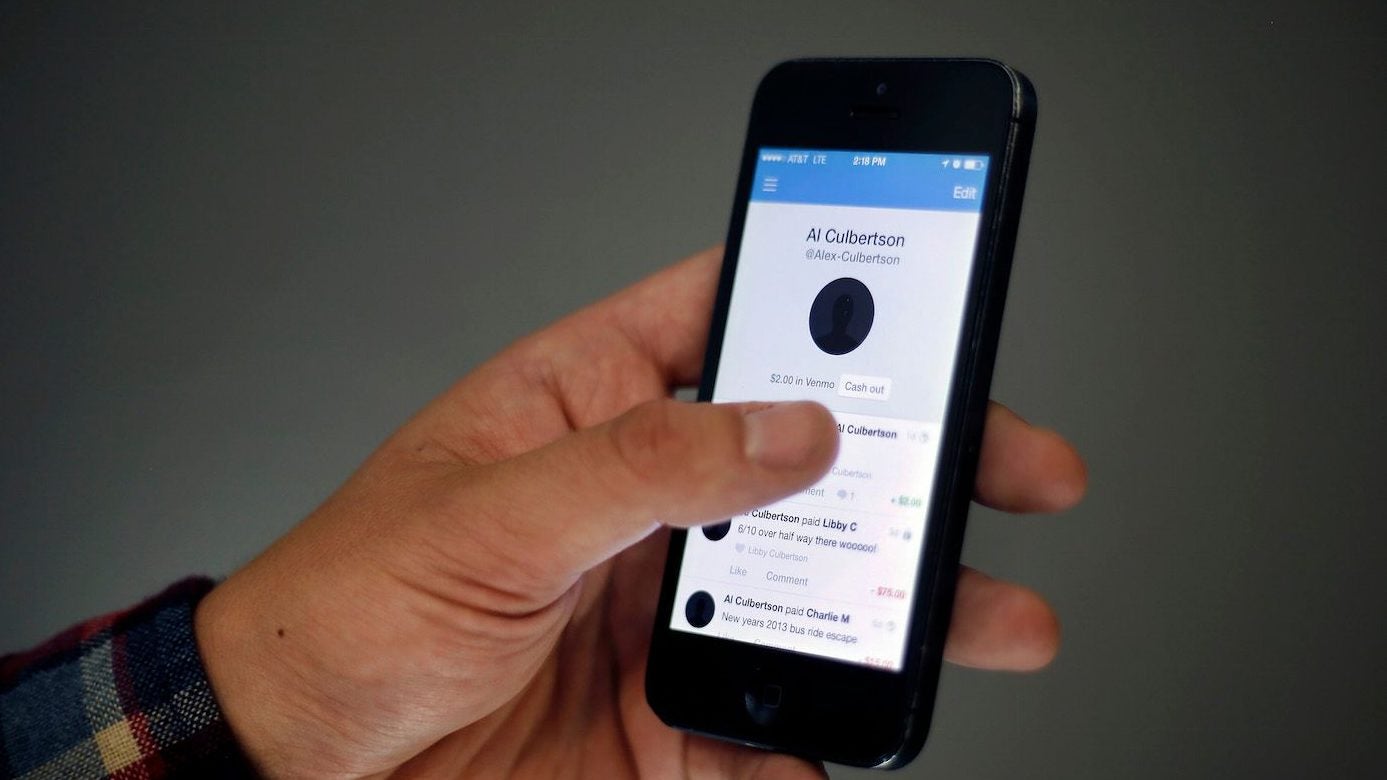Venmo is paying closer attention to what’s being paid for on Venmo
Next time you Venmo a friend of a friend for a concert ticket, the app would like you to give it a cut of the action.


Next time you Venmo a friend of a friend for a concert ticket, the app would like you to give it a cut of the action.
Last week, Venmo announced a new way for users to conduct “goods and services transactions,” giving people with personal accounts the ability to toggle between transaction types. Venmo takes a 1.9% cut of commercial transactions—previously only applicable to registered businesses—plus a 10-cent fee. In exchange, those transactions are entitled to payment protection. So if you’re selling a couch and want the buyer to pay via Venmo, you can flip a switch, pay a fee, and protect both parties in case of a dispute.
The app is zeroing in on a gray area familiar to many of its customers. Venmo’s user agreement states that personal accounts may not be used to conduct business, including paying for “concert tickets, electronic equipment, sneakers, a watch, or other merchandise, deposits for apartments, or dog walking.” But it’s unclear how many Venmo users break those rules—it’s common, for example, to pay a babysitter via Venmo—or what Venmo might be doing to better identify anyone gaming the system. The company declined to comment on how it monitors transactions, many of which are categorized only by sparse descriptions or a single emoji.
“While accounts could potentially be suspended or terminated, Venmo’s focus is on educating customers…on the value, protections, and benefits that the goods and services payment options provides,” a spokesperson told Quartz. In a June 28 press release, Venmo parent PayPal noted that more than half of respondents to a 2020 user survey said “they would be most likely to make a purchase from someone they don’t know if their transaction provided purchase protection.”
To be sure, payment protection is an important facet of e-commerce, and should be a staple on peer-to-peer payment apps. But asking individuals to pay a fee for pseudo-business transactions—the spokesperson offered the examples of selling concert tickets to an acquaintance or purchasing a couch from a local ad listing—could also be indicative of a more basic goal. Venmo, which has 70 million users and makes all its money on fees, still doesn’t turn a profit.